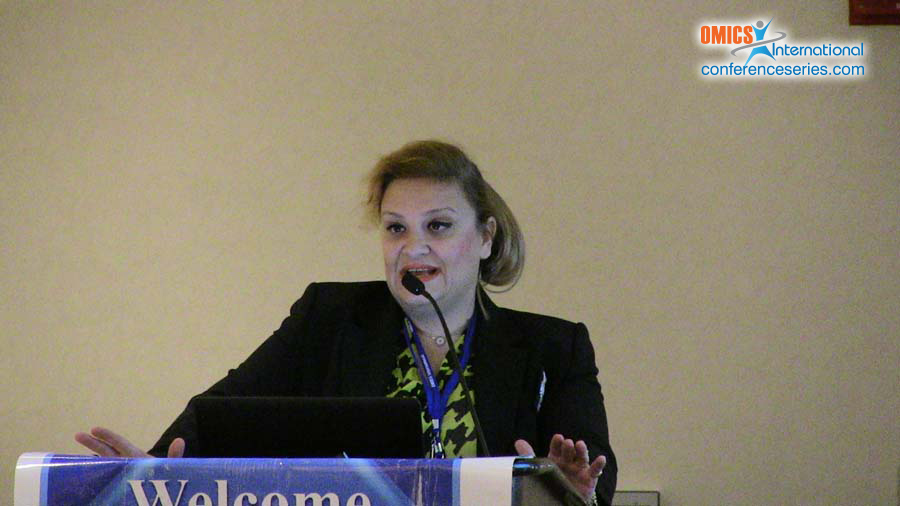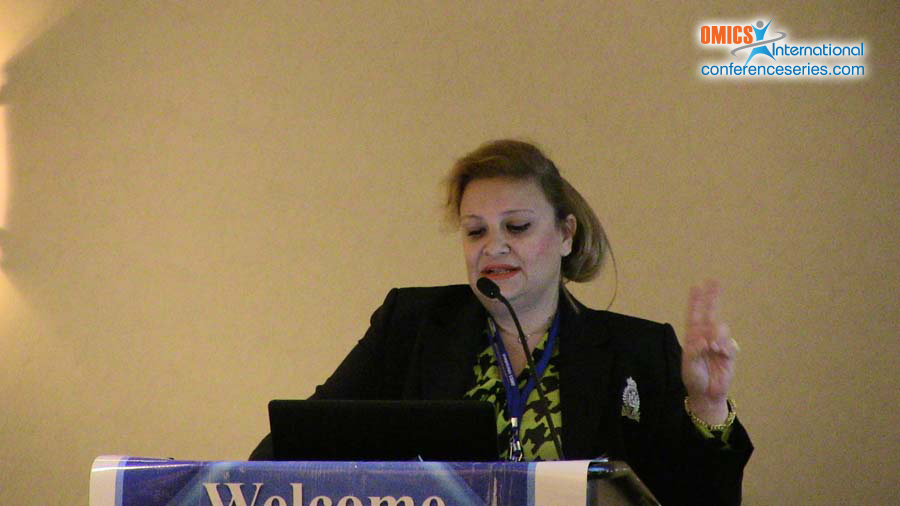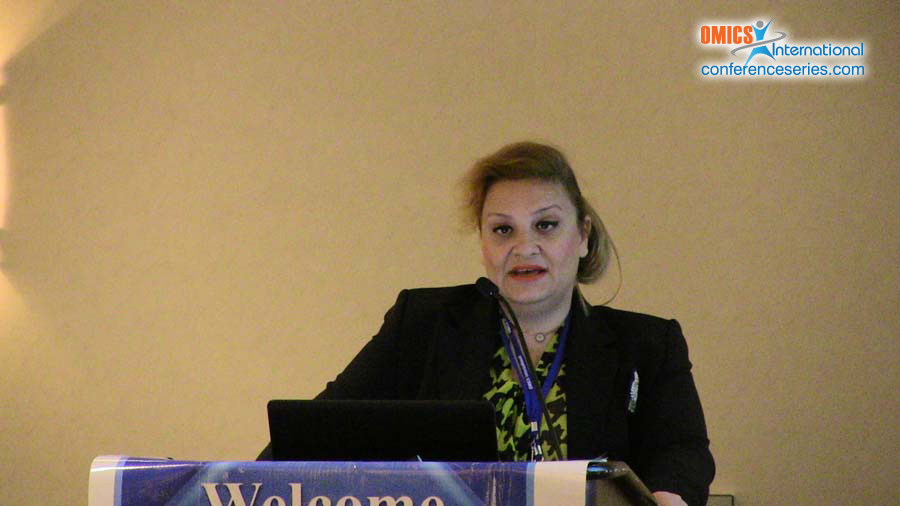
Ozlem Tokusoglu
Celal Bayar University, Turkey
Title: Phytochemical phenolics in fruits and cereals and cancer
Biography
Biography: Ozlem Tokusoglu
Abstract
The epidemiological researches and also cohort studies have put forwarded that diet rich in fruits and vegetables have preventive effects on prostate cancer (P-Ca) for over the past decades. Phenolic compounds, ubiquitous in fruits, vegetables and plants, are of considerable interest and have received great attention in recently owing to their bioactive functions. Poly-phenols are amongst the most desirable phyto-chemicals due to their antioxidant activity and those components are known as secondary plant metabolites and possess also antimicrobial, antiviral and anti-inflammatory and anti-carcinogen properties along with their high antioxidant capacity. Plant phenolics, such as flavonoids, phenolic acids lignans and stilbenoids, modulate several important biological processes in mammalian cells and show anti-carcinogenic properties in preclinical. Prostate cancer (P-Ca) is one of the most common cancers in men. The incidence of clinical prostate cancer varies widely between ethnic populations and countries in all over the world. Bladder cancer is any of several types of cancer arising from the epithelial lining (i.e., the urothelium) of the urinary bladder. Rarely the bladder is involved by non-epithelial cancers, such as lymphoma or sarcoma but these are not ordinarily included in the colloquial term "bladder cancer. Colorectal cancer (colon cancer or bowel cancer) is the development of cancer in the colon or in the parts of the large intestine (rectum).A diet high in red /processed meat while low in fiber increases the risk of colorectal cancer. The studies regarding phyto-chemical compounds on P-Ca and bladder tumor models are limited. In vivo inhibition of growth of human prostate tumor lines (DU145)by flavonoid fractions from cranberry extract, anti-proliferative effects oleuropein and hydroxyl tryrosol in olive fruit on prostate cell lines (PC-3, DU145) anti-cancer properties of phenolic extracts from different parts of selected Medicinal Plants Indigenous to Malaysia (Casearia capitellata, Baccaurea motleyana, Phyllanthus pulcher and Strobilanthus crispus) on prostate cancer cell lines (DU-145), apoptotic effects of cooked and in vitro digested soy isoflavons (aglycon type daidzein, genistein, glisitein, glycoside type genistin, daidzin, glisitin and acetyl glycoside type) on human prostate cancer cells (LNCaP ve C4-2B) [7], anti-oxidative and anti-proliferative activity on human prostate cancer cells lines (DU145 ve LNCaP) of the phenolic flavonoids (gallotannins and ellagitannins) from Corylopsis coreana uyeki, the apoptosis effects of extracts from Poland Epilobium sp.herbs (Epilobium angustifolium L., E. parviflorum Schreb., E. hirsutum L.) on human hormone-dependent LNCaPprostate cancer cells by activating the mitochondrial pathway, the radical scavenging capacities of rutin, narirutin, poncirin, apigenin 8-C-rutinoside and 3’,5’,di-C-β-glucopyranosyl phloretin of citrus Fortunella margarita from USA and their inhibition of human prostate (LNCaP)cell proliferation and cytotoxic activities. The effects of ursolic acid and its ester phenolics from USA cranberries and Vaccinium fruits on matrix metalloproteinase activity in DU145 prostate tumor cells and colon cancer tumor cells (Caco-2) may be given as limited examples. The further clinical studies are needed regarding food and plant bio-active phenolic compounds on prostate, bladder and colon cancer cell proliferation and apoptosis.




